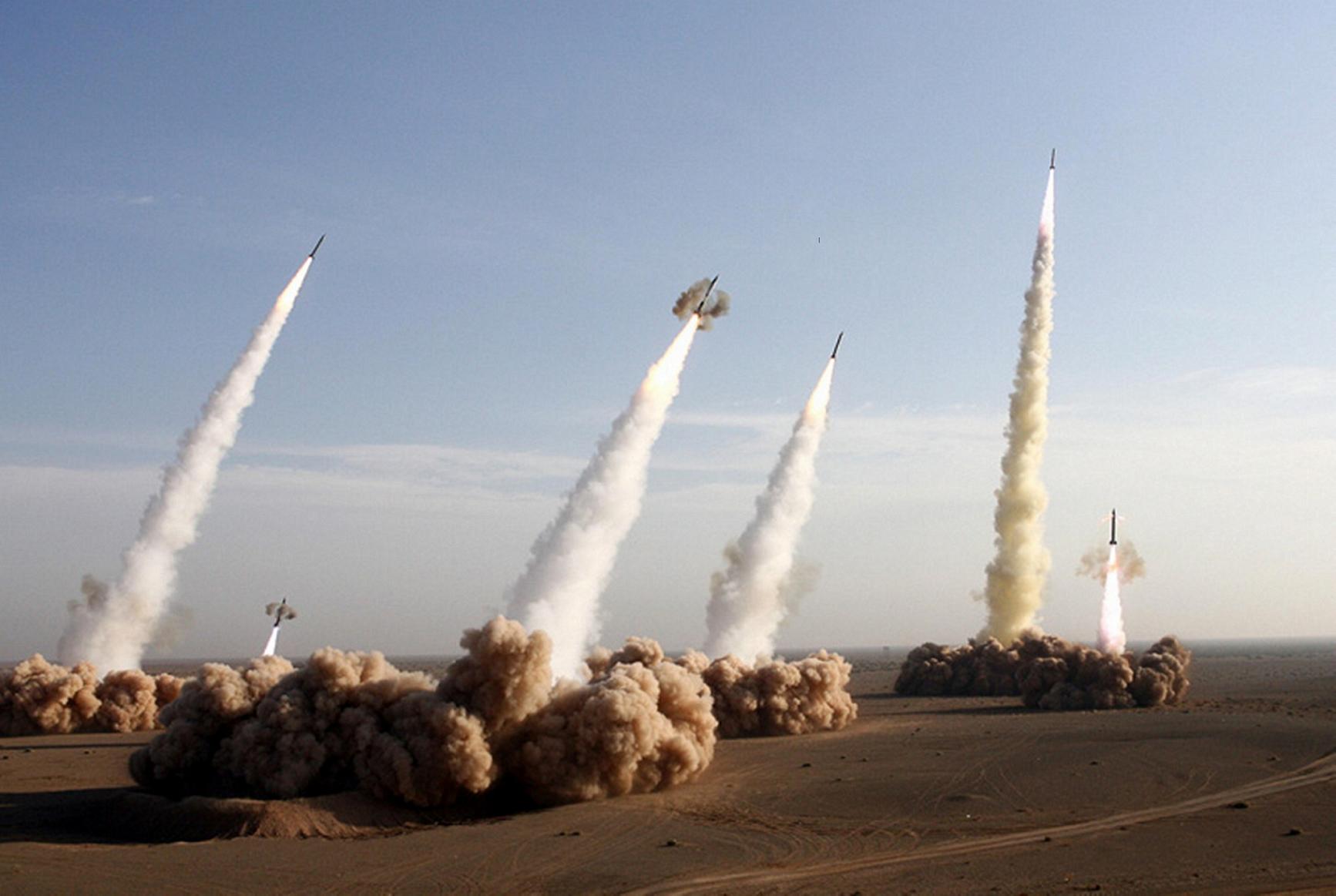Despite bumpy relations between Washington and Moscow, the Kremlin is still hopeful that both sides can avoid a new arms race and extend the terms of the New Strategic Arms Reduction Treaty, known as “New START,” considered the world’s last tool in arms control, which is set to expire in 2021.
Following a meeting with the U.S. Under Secretary of State for Political Affairs David Hale in Helsinki on Wednesday, Russia’s Deputy Foreign Minister Sergei Ryabkov made a statement in the State Duma, Russia’s lower house of parliament, in which he voiced concerns about the United States’ position on the matter.
“We hope that we will still be able to resolve the problems with the American side related to the fulfillment of the treaty and its extension,” TASS quoted Ryabkov as saying on Thursday, emphasizing Moscow’s interest in securing an extension of New START.
That agreement, which was signed in 2010, caps the number of nuclear warheads held by Russia and the U.S. It requires each side to reduce its enormous stockpiles of long-range nuclear weapons to no more than 1,550 deployed warheads and bombs, along with 700 deployed and 800 total delivery vehicles.
U.S. President Donald Trump pulled out of the 1987 Intermediate-Range Nuclear Forces Treaty (INF) earlier this year, due to concerns in Washington that Russia has breached its terms and that the rise of China as a military power inadvertently makes the agreement obsolete. The move made New START the last bilateral arms control treaty that limits nuclear arms development by the two countries.
In June, Trump and Russian President Vladimir Putin met on the sidelines of the G20 summit in Osaka, Japan, where Putin expressed his concerns that the U.S. might suspend its participation in the New START. Putin said Moscow is ready to extend the treaty, but progress towards that end is grim.
Some Russian military experts say that the U.S. is trying to increase its nuclear potential by quickly increasing its capabilities by more than 1,200 combat units, which would exceed the permitted number of warheads under the treaty limits.
Ryabkov believes that what is the U.S. State Department calls a “new era in arms control to address new and emerging threats,” such as China, in the hope of seeking a new arms control agreement with both Moscow and Beijing is nothing more than the U.S. driving countries to a new nuclear arms race.
“Americans are moving away from specifying their position regarding the prospects for the New Strategic Arms Reduction Treaty, and they are increasingly firmly declaring their interest in joining China in the Russian-American arms control talks,” said Ryabkov.
“The very idea of a negotiation process in the trilateral format does not cause allergy in us, but it seems unrealistic in the current conditions.”







 Azerbaijan and Armenia started the process of demarcation of their border on Tuesday, with the installation of the first border markers based on ge...
Azerbaijan and Armenia started the process of demarcation of their border on Tuesday, with the installation of the first border markers based on ge...
 Armenian sappers commenced on Monday mine-clearance operations in the territories adjacent to the Saint Mary Church in village of Voskepar (Armenia...
Armenian sappers commenced on Monday mine-clearance operations in the territories adjacent to the Saint Mary Church in village of Voskepar (Armenia...
 Iran has refuted reports of alleged damage to Shimon Peres Negev Nuclear Research Centre located southeast of Dimona, Israel, during the recent air...
Iran has refuted reports of alleged damage to Shimon Peres Negev Nuclear Research Centre located southeast of Dimona, Israel, during the recent air...
 Iran and Pakistan have signed eight cooperation documents in various fields, and agreed to strengthen ties to fight terrorism in the region.
Iran and Pakistan have signed eight cooperation documents in various fields, and agreed to strengthen ties to fight terrorism in the region.



